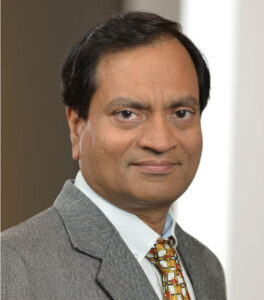Would you trust a machine to make decisions for you?
In this InTechnology video, Camille talks with Pradeep Dubey, Intel Senior Fellow at Intel Labs. They get into the inner workings and main drivers of parallel computing, processing data and designing system architecture for parallel computing, and how machines will continue to enhance our lives.
What Is Parallel Computing, and What Drives It?
Pradeep defines parallel computing as the capability to execute simultaneous instructions and process concurrent data streams. He illustrates that this capacity enhances the number of instructions and data processed in each compute cycle, thus facilitating the execution of parallel tasks. Pradeep contrasts weak scaling, which can handle multiple users without speeding up the process, with strong scaling, which improves performance for individual users. He notes that parallel computing can integrate both approaches. The primary advantage of parallel computing, according to Pradeep, is its ability to expedite tasks exactly when needed. The driving force behind the growing need for parallel computing is our increasingly digital world and the corresponding surge in data volume. Pradeep highlights the essential role of parallel computing in making sense of this burgeoning data.
Processing Data and Designing System Architecture for Parallel Computing
Camille inquires how machine learning and artificial intelligence are integrated into data processing via parallel computing. Pradeep explains that these technologies help identify patterns in data, particularly actionable insights, and are already adept at interpreting perceptual data such as images, videos, and speech, often surpassing human capabilities. However, the next step involves reasoning and decision-making based on this data. Pradeep discusses the human-like process of sensing, reasoning, and acting, noting that while machines are improving at simple tasks within this framework, they still face challenges in achieving higher-level decision-making. He asserts that while humans will continue to excel in complex decision-making, machines are increasingly handling routine decisions and may one day surpass human abilities in all areas.
Enhancing Our Lives with AI and Parallel Computing
Discussing decision-making further, Camille and Pradeep explore how both humans and machines approach this process and its implications for future enhancements in our lives. Pradeep references Daniel Kahneman’s concepts of System 1 and System 2 thinking as a decision-making framework. He explains that humans often rely on System 1 for quick decisions based on instinct, which can lead to more errors, whereas System 2 requires more deliberation and energy. Pradeep provides examples of how machines can improve our decision-making by processing vast amounts of data.
To continue advancing in human assistance, AI and computing developments are necessary. Pradeep discusses how AI and machine learning are critical for solving complex problems in system design and architecture, such as enhancing software development and earlier validation. Additionally, he points out that advancements in machine math, particularly in efficient small dense matrix operations known as systolic algorithms and in accommodating broader numerical ranges with lower precision, are crucial. These developments in arithmetic not only support parallel computing but are vital for processing more data within the same processing limitations, thereby fostering more effective parallel computing.
Pradeep Dubey, Intel Senior Fellow at Intel Labs

Pradeep has held the position of Senior Fellow at Intel Labs since 2019, having joined Intel Labs in 2003 as a Senior Principal Engineer and later an Intel Fellow before ultimately assuming his current role. His contributions to parallel computing architecture have involved work on the IBM PowerPC, Intel 386, Intel 486, Intel Pentium, and Intel Xeon processors. Before his tenure at Intel, Pradeep served as a Senior Research Scientist at Broadcom and a Research Staff Member at IBM. He is also recognized as a Fellow by both the IEEE and the ACM. Pradeep received his Ph.D. in Electrical Engineering from Purdue University.
Check it out. For more information, previous podcasts, and full versions, visit our homepage.
To read more about cybersecurity topics, visit our blog.
#parallelcomputing #artificialintelligence #machinelearning
The views and opinions expressed are those of the guests and author and do not necessarily reflect the official policy or position of Intel Corporation.
—–
If you are interested in emerging threats, new technologies, or best tips and practices in cybersecurity, please follow the InTechnology podcast on your favorite podcast platforms: Apple Podcast and Spotify.
Follow our host Camille @morhardt.
Learn more about Intel Cybersecurity and Intel Compute Life Cycle (CLA).
